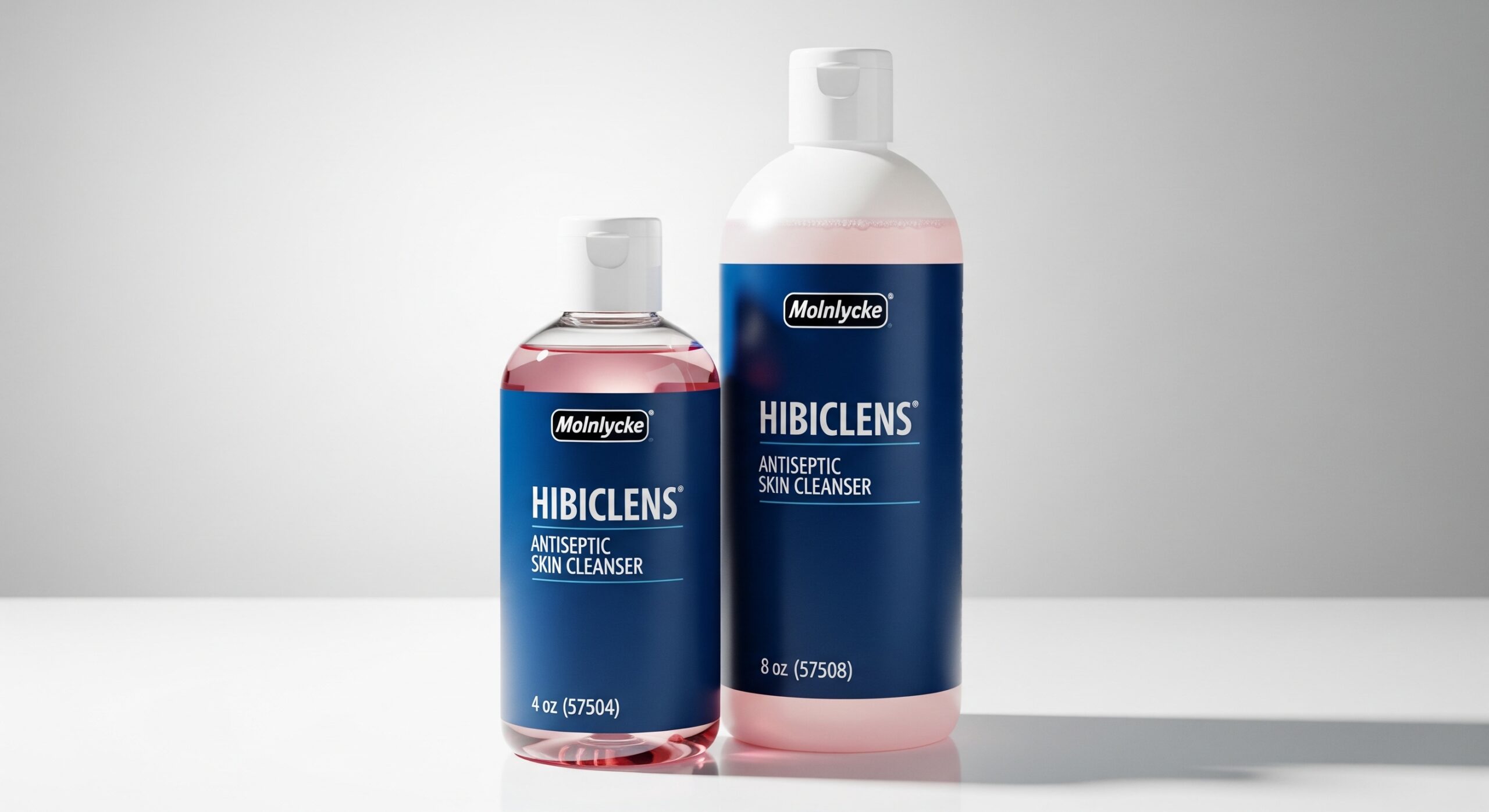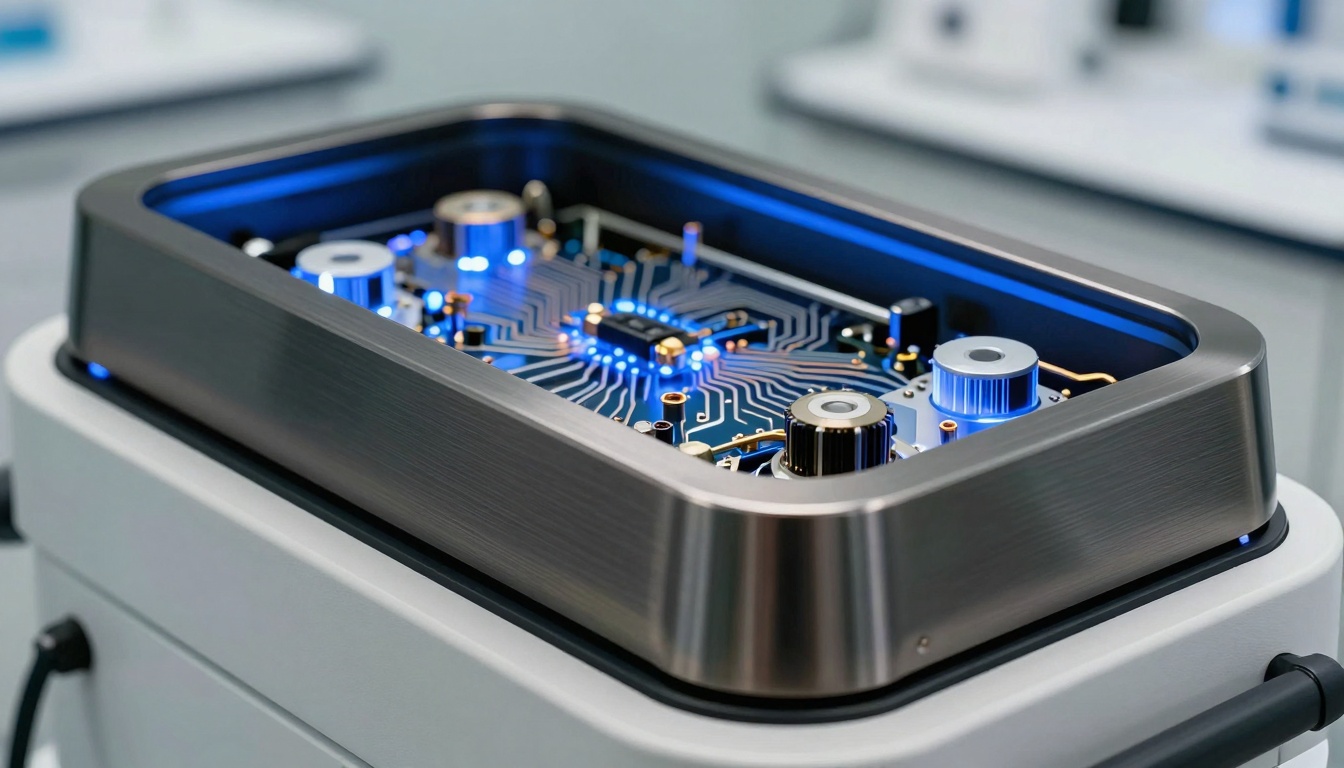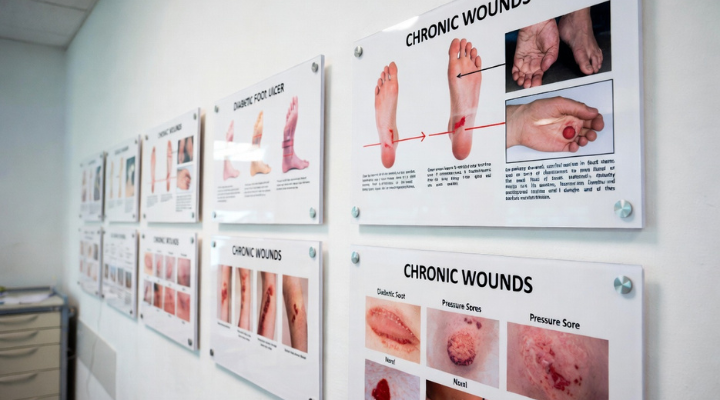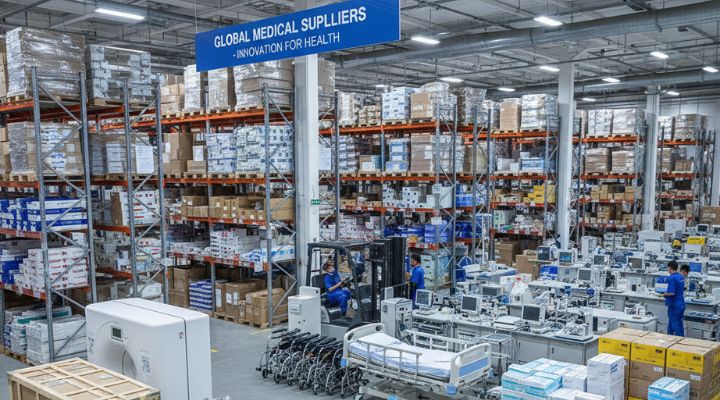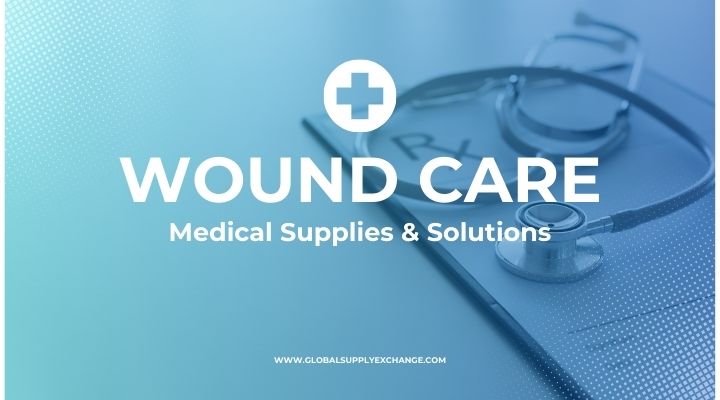
Effective Wound Care Medical Supplies & Solutions
Wound care is a crucial part of modern healthcare, especially for patients with chronic wounds, surgical sites, or injuries that require ongoing management. The availability of advanced wound care medical supplies and innovative treatment methods has transformed healing outcomes, reduced infection risks, and improved patients’ quality of life. In the USA, healthcare providers, caregivers, and patients now have access to a wide range of solutions, including chronic wound care solutions, custom wound care solutions, and cutting-edge healthcare biologics designed to support tissue regeneration and faster recovery.
This article explores the importance of wound care, the types of supplies available, how custom and chronic wound care solutions are improving patient outcomes, and the role of biologics in advancing healthcare in the USA.
Why Wound Care Matters
Proper wound care is not just about covering an injury—it involves a comprehensive process of cleaning, disinfecting, protecting, and supporting the body’s natural healing process. Inadequate care can result in complications such as infection, delayed healing, or even hospitalization.
For patients with chronic conditions like diabetes, pressure ulcers, or vascular disease, the importance of specialized wound care is even greater. The right products and treatment strategies can make the difference between prolonged discomfort and effective recovery.
Wound Care Medical Supplies: An Overview
Wound care medical supplies cover a broad range of products used to treat acute and chronic wounds. These include:
-
Dressings and Bandages
-
Hydrocolloid dressings
-
Alginate dressings
-
Foam dressings
-
Transparent films
-
Compression bandages
-
-
Antimicrobial Products
-
Silver-infused dressings
-
Iodine-based solutions
-
Antimicrobial gels and ointments
-
-
Advanced Therapy Devices
-
Negative pressure wound therapy (NPWT) devices
-
Oxygen therapy equipment
-
Electrical stimulation units
-
-
Supportive Supplies
-
Wound cleansing solutions
-
Sterile gloves
-
Adhesive removers
-
Skin protectants
-
These supplies play an essential role in preventing infection, managing wound exudate, promoting healing, and providing comfort to patients.
Chronic Wound Care Solutions
Chronic wounds are wounds that fail to progress through the normal stages of healing. They may persist for weeks or months, often due to underlying conditions like poor circulation, diabetes, or immune system deficiencies.
Chronic wound care solutions focus on creating an optimal healing environment while addressing the root cause of delayed recovery. Key approaches include:
-
Moisture Management: Specialized dressings keep wounds moist to accelerate tissue repair.
-
Infection Control: Antimicrobial dressings and systemic treatments reduce infection risks.
-
Debridement: Removing dead or infected tissue to encourage healthy regeneration.
-
Pressure Management: Support surfaces and offloading techniques to relieve pressure on wounds.
-
Patient-Centered Care: Tailored strategies based on the patient’s medical history and wound type.
Chronic wound care solutions not only enhance recovery but also significantly improve patients’ mobility and overall well-being.
Custom Wound Care Solutions
Every patient is unique, and so are their wounds. That’s why custom wound care Kit solutions are becoming increasingly important in modern healthcare. Personalized treatment plans are created after assessing:
-
The type of wound (surgical, traumatic, diabetic, pressure ulcer, etc.)
-
The wound’s location and size
-
The patient’s overall health condition
-
Risks of infection or complications
Custom solutions may include specially designed dressings, unique compression garments, or advanced therapies combined with nutritional and lifestyle recommendations. By tailoring treatment to the individual, healthcare providers can maximize healing potential and minimize risks.
The Role of Healthcare Biologics in the USA
One of the most exciting developments in wound management is the use of healthcare biologics. In the USA, biologics are gaining recognition for their ability to accelerate healing in complex and chronic wounds.
Biologics in wound care include:
-
Growth Factors: Proteins that stimulate cell growth and tissue repair.
-
Skin Substitutes: Bioengineered tissues that replace or support damaged skin.
-
Stem Cell Therapies: Cells that regenerate tissues and improve healing outcomes.
-
Platelet-Rich Plasma (PRP): Concentrated platelets that release growth factors and promote healing.
These biologics mimic or enhance the body’s natural healing processes, making them especially valuable for patients who struggle with wounds that do not respond to conventional treatments.
Choosing the Right Wound Care Partner in the USA
Selecting the right wound care provider and medical supply partner is critical for patients and healthcare organizations. Here are a few tips to consider:
-
Range of Products – Ensure they provide comprehensive wound care medical supplies, from basic dressings to advanced biologics.
-
Customization – Look for providers who offer custom wound care solutions tailored to individual needs.
-
Innovation – Choose companies that invest in research and provide access to chronic wound care solutions and biologics.
-
Quality Standards – Check for FDA approvals, safety certifications, and adherence to healthcare regulations in the USA.
-
Support Services – Providers that offer education, consultation, and ongoing support help ensure better patient outcomes.
The Future of Wound Care
With advancements in technology, materials, and biologics, wound care is entering a new era. The integration of healthcare biologics in the USA with digital monitoring systems, AI-driven diagnostics, and remote patient management is revolutionizing the way wounds are treated.
Future trends include:
-
Smart Dressings that monitor wound conditions in real-time.
-
Telehealth Solutions enabling remote wound care consultations.
-
Bioprinting of Skin Tissues for patients with severe burns or ulcers.
These innovations promise faster healing, reduced hospital stays, and better quality of life for patients.
Conclusion
Wound care is a critical aspect of healthcare, particularly for patients with chronic or complex conditions. Access to advanced wound care medical supplies, innovative chronic wound care solutions, tailored custom wound care solutions, and the latest healthcare biologics in the USA ensures that patients receive the best possible outcomes.
By combining evidence-based practices with cutting-edge technology, healthcare providers are transforming wound management from a challenge into an opportunity for better healing and recovery.

 Previous Post
Previous Post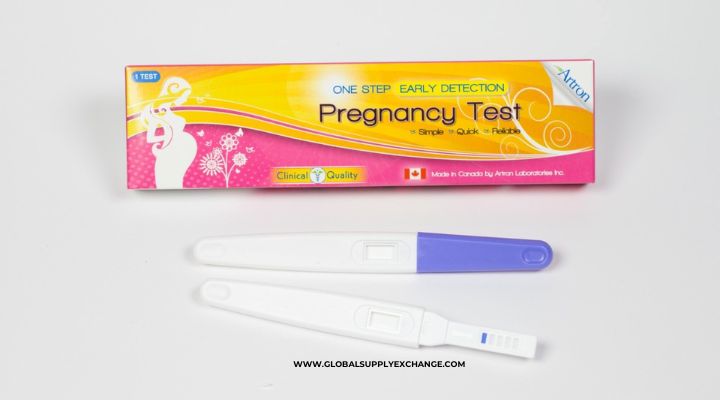 Next Post
Next Post